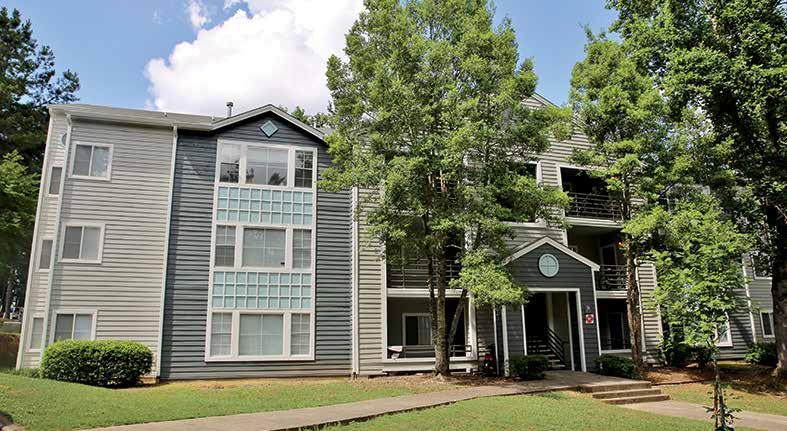
3 minute read
Choosing/Changing Majors and Exploring Alternate Pathways
BY COLLEGIATEPARENT
As the school year wraps up, your student may be feeling that they need a change. Maybe their major isn’t a good fit, leading to a lack of enthusiasm about their coursework. If they haven’t declared a major yet, that also could lead to angst. Or maybe college itself doesn’t feel like where they want to be right now.
Know that it’s common for college students to need a break or want a change — even when there isn’t a global pandemic, which has made it nearly impossible for most students to have anything close to a “normal” college experience this year.
Stay positive! Your student has lots of options. Read on for information that will help you have supportive and productive conversations.
Changing Majors
Students change majors for a variety of reasons and it’s perfectly normal. In addition to discussing what led them to this new direction (was it a single fabulous course or professor? a new career goal?), here are a few questions you can ask to help your student make the best decision:
• How many additional courses
do you need to take? The earlier the change is made, the less likely your student will need to take lots of additional courses.
• Will you need to take more credit hours per term or take summer classes to stay on
track? In some cases, an additional course per term or a couple of classes during the summer may be all that’s needed to graduate in four years.
• What other requirements does the new degree plan include?
Some degree plans require internships or practicums that must be taken into consideration. As always when working toward a degree, your student should consult with an academic advisor to ensure they’re completing required courses in the right sequence.
First-year students who haven’t declared a major yet still have time to explore new areas of study in their classes next fall (at most schools, the deadline for declaring a major is second semester of sophomore year). Encourage your student to focus on what they want to learn rather than what major sounds “good,” to compare degree plans, and to talk to recent graduates about how they felt about (and enjoyed) their majors. Your student should also take advantage of campus resources and speak regularly with an academic advisor and also a career counselor.
Stepping Away from College
There are lots of reasons students decide to take a break from college: academic burnout, uncertainty about their goals and purpose, health or financial issues, and more. You can support your student by helping them navigate the steps necessary to take a leave of absence from their school.
Next, you can be a sounding board as they explore options for their time away from the classroom. Work? Travel? Volunteer? Intern? Maybe a combination of part-time job or internship and community college classes would be a good balance. Perhaps they want to turn a hobby or passion into a business!
Other Ways to Prepare for (or Dive Right into) a Career
Your student may have decided that traditional college isn’t for them. The good news: Though a bachelor’s degree is always a solid investment, there are more ways than ever to be a learner and to build skillsets that make a person highly employable in today’s job market.
Many community colleges offer
associate degrees and certificate
programs in technical and skilled trade fields; evening and online classes mean your student can hold down a job at the same time. Trade and technical schools provide instruction for a variety of skilled, in-demand careers most of which require two years or less of training. Make sure the school is accredited by the U.S. Department of Education.
Apprenticeships are growing in popularity for good reason! They combine classroom instruction with hands-on training and are a great option for students ready to get straight into real-world work. Learn more at Apprenticeship.gov.
Student Living Located Near FSU, FAMU & TCC
For a less formal approach, your student can explore the many free and low-cost online classes and certifications available through platforms like EdX, Open Culture, Coursera, LinkedIn Learning, MasterClass, Udacity and Codeacademy. And they can learn how to do almost anything for free by watching YouTube videos!
The world is full of opportunities and they are all wide open to your student! Find information about alternatives to traditional college, advice for transfer students, dealing with academic probation or dismissal, gap years, online education and more by searching topics on CollegiateParent.com.
NOW LEASING 2021!
1001 Ocala Road, Tallahassee, FL 32304 850.558.5365 | AquaClubApts.com











